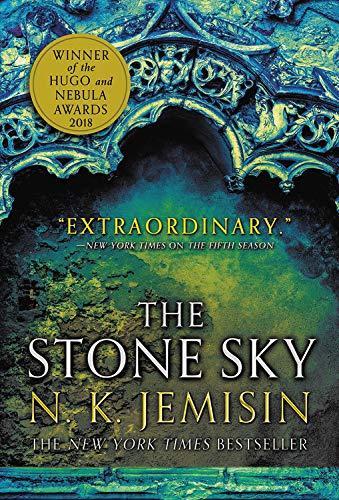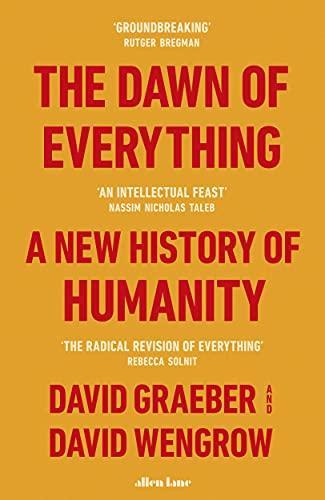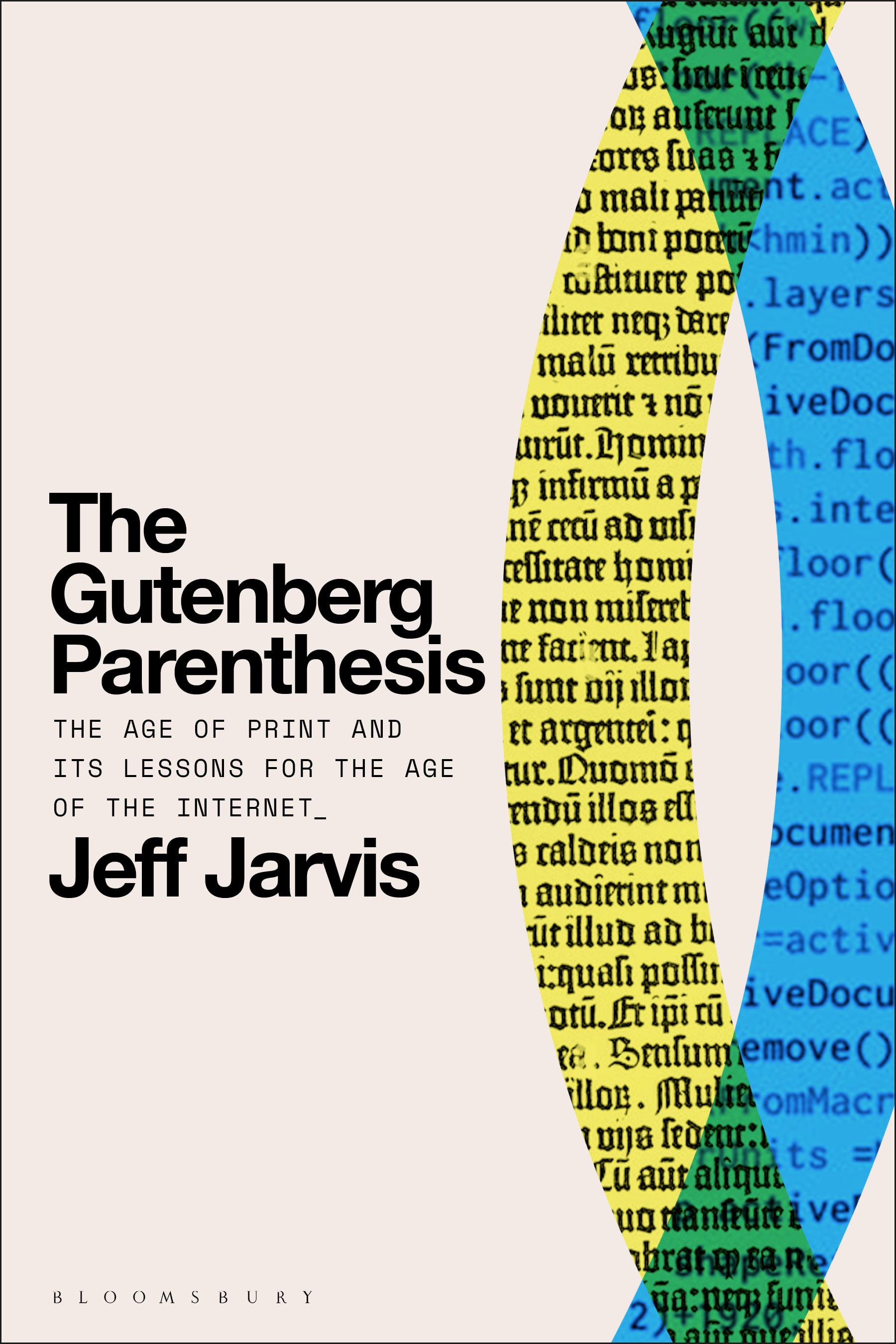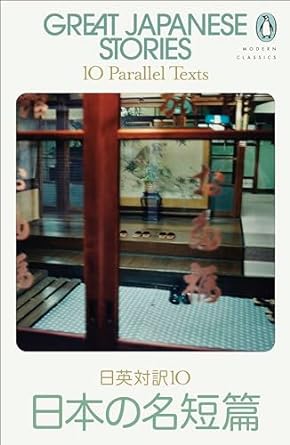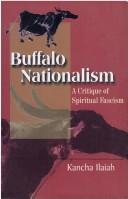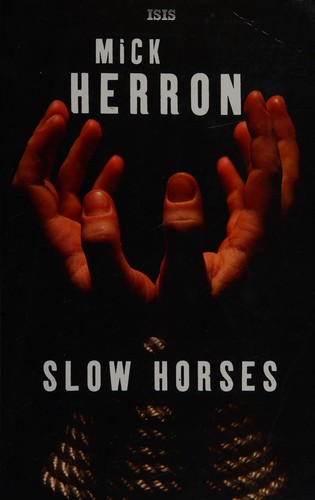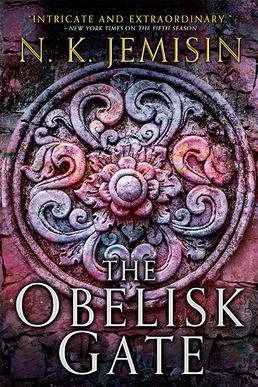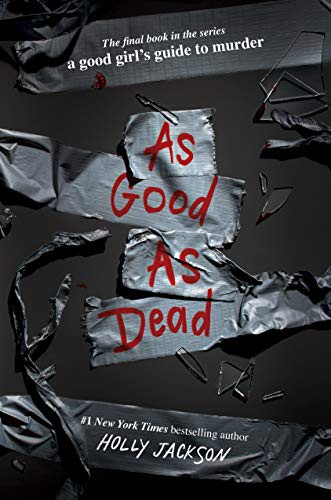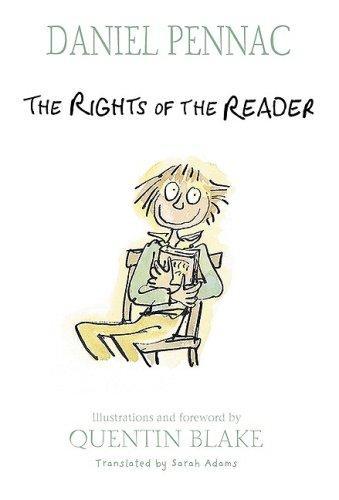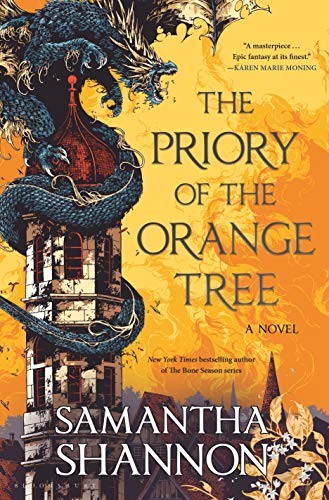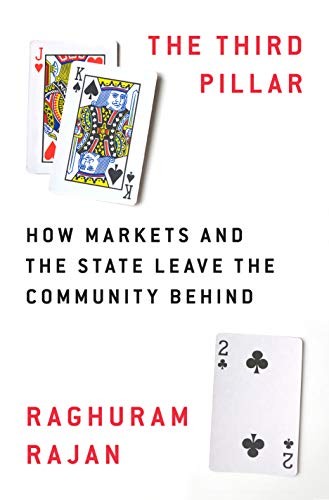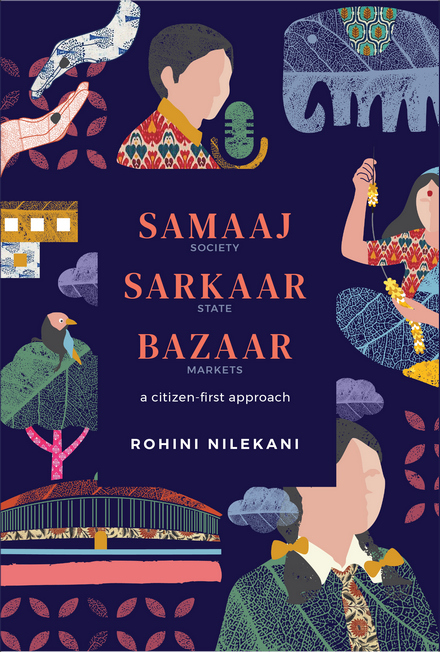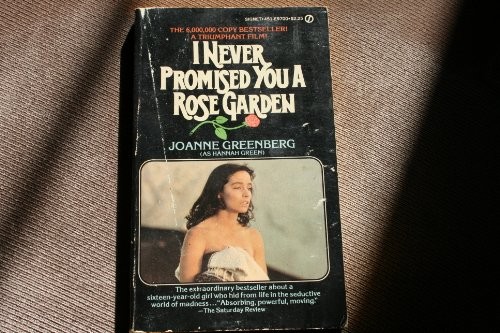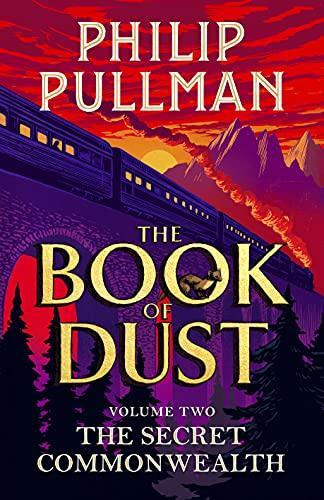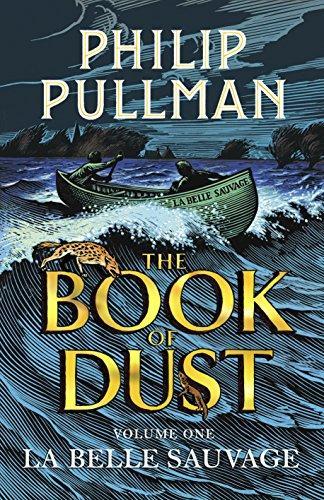Another recommendation from the Takshashila Open Course in Public Policy that I recently signed up for. It's due to these book recommendations that I was still stuck on the first lesson, as I wanted to finish them all first :P
User Profile
This link opens in a pop-up window
Hippo's books
User Activity
RSS feed Back
Hippo finished reading The Third Pillar by Raghuram Rajan
Hippo finished reading Samaaj, Sarkaar, Bazaar by Rohini Nilekani
Hippo started reading The Priory of the Orange Tree by Samantha Shannon
Hippo finished reading I Never Promised You a Rose Garden by Joanne Greenberg
Hippo finished reading Northanger Abbey by Jane Austen
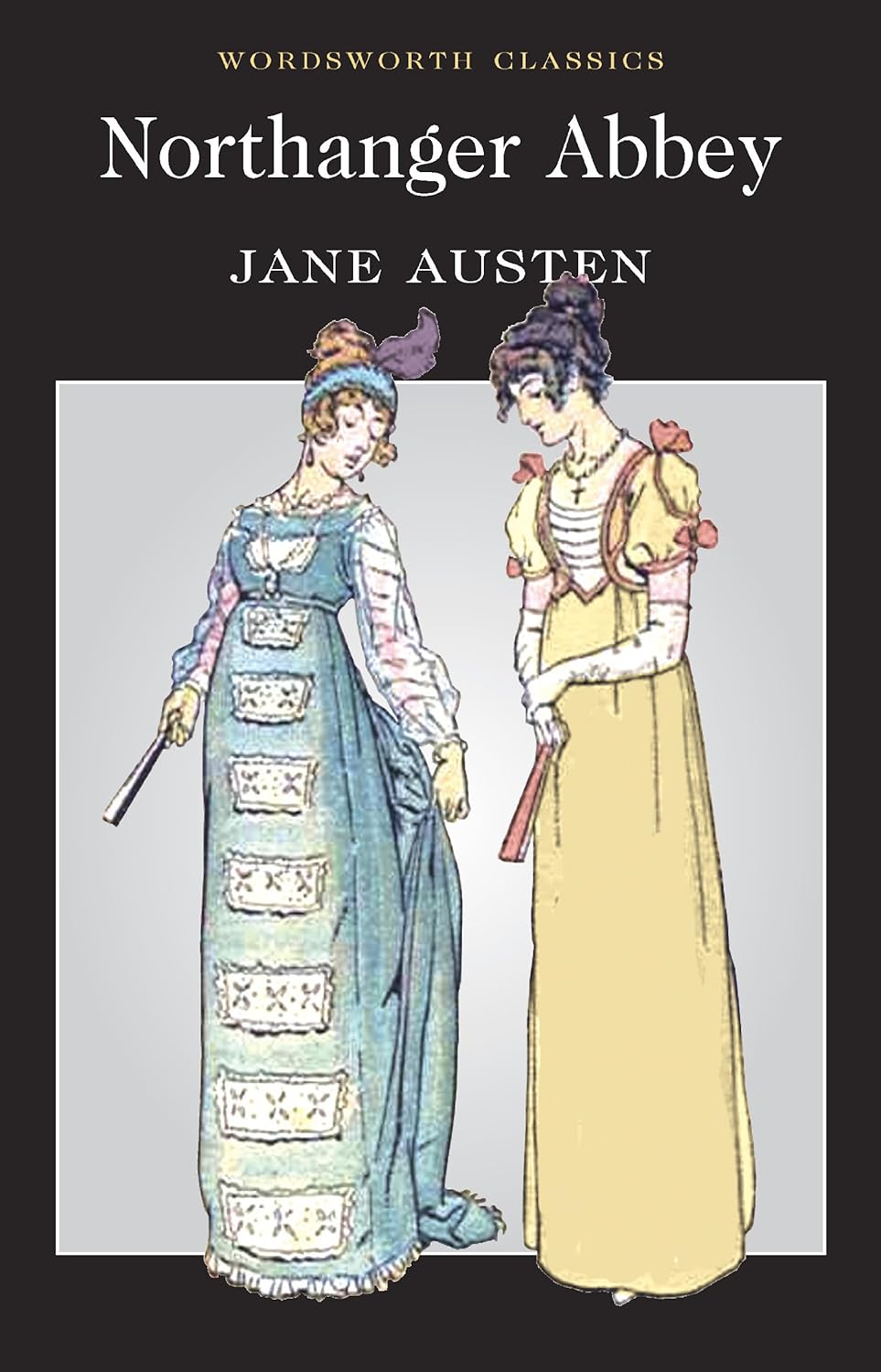
Northanger Abbey by Jane Austen
Northanger Abbey tells the story of a young girl, Catherine Morland, who leaves her sheltered, rural home to enter the …
Hippo wants to read How to Do Nothing by Jenny Odell
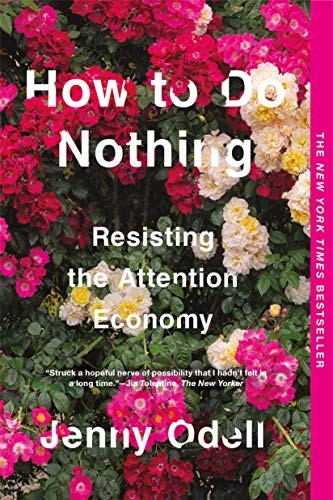
How to Do Nothing by Jenny Odell
Nothing is harder to do these days than nothing. But in a world where our value is determined by our …
Hippo started reading Northanger Abbey by Jane Austen

Northanger Abbey by Jane Austen
Northanger Abbey tells the story of a young girl, Catherine Morland, who leaves her sheltered, rural home to enter the …
Hippo finished reading The Andromeda Strain (Andromeda, #1) by Michael Crichton
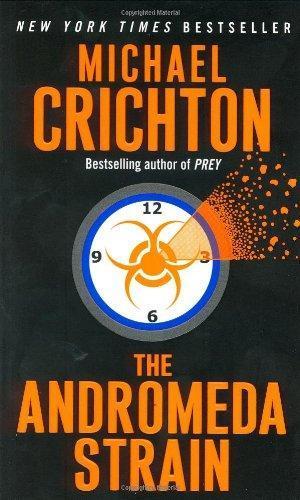
The Andromeda Strain (Andromeda, #1) by Michael Crichton
The Andromeda Strain is a 1969 techno-thriller novel by Michael Crichton, his first novel under his own name and his …
Hippo finished reading The Secret Commonwealth by Philip Pullman
Hippo finished reading White Nights by Fyodor Dostoyevsky
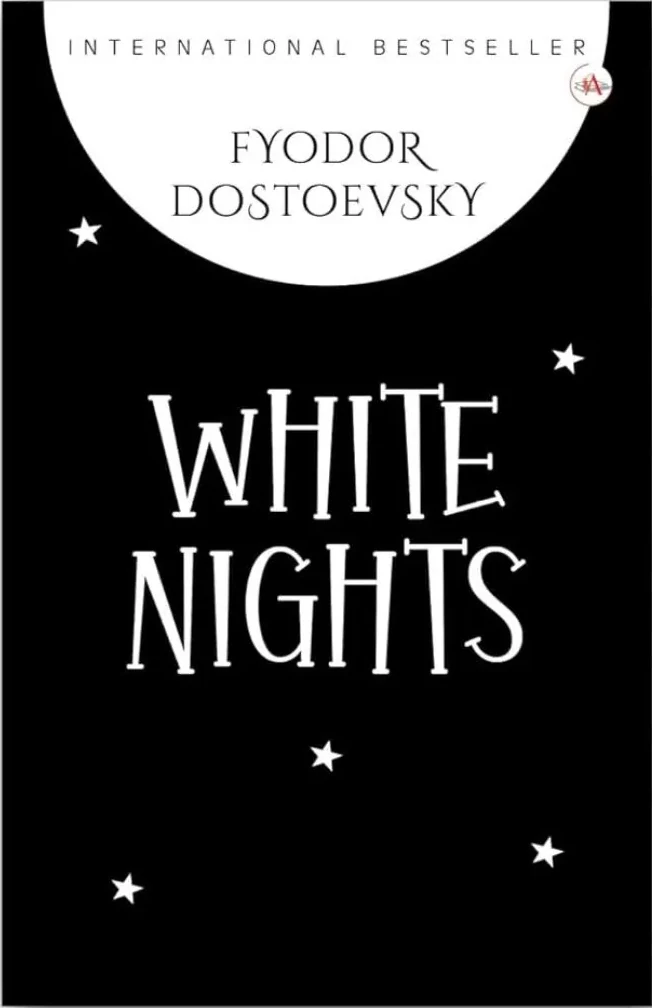
White Nights by Fyodor Dostoyevsky
'My God! A whole minute of bliss! Is that really so little for the whole of a man's life?'
A …
Hippo finished reading Sisters by Raina Telgemeier
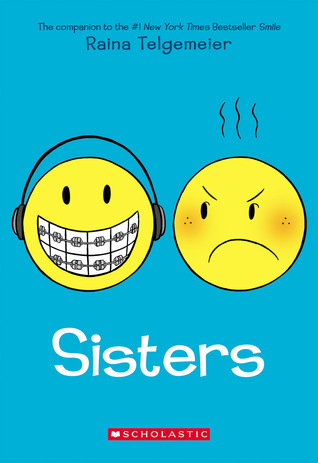
Sisters by Raina Telgemeier
Raina Telgemeier’s #1 New York Times bestselling, Eisner Award-winning companion to Smile! Raina can't wait to be a big sister. …
Hippo finished reading La Belle Sauvage by Philip Pullman
Hippo finished reading Road to Mekong by Piya Bahadur
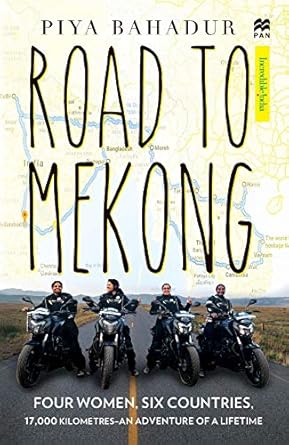
Road to Mekong by Piya Bahadur
For fifty-six days, four women left their ‘regular lives’, homes, families and comfort, to ride their motorbikes through scenic landscapes, …
Hippo finished reading My Brilliant Friend by Elena Ferrante

My Brilliant Friend by Elena Ferrante
The story of Elena and Lila begins in the 1950s in a poor but vibrant neighbourhood on the outskirts of …
